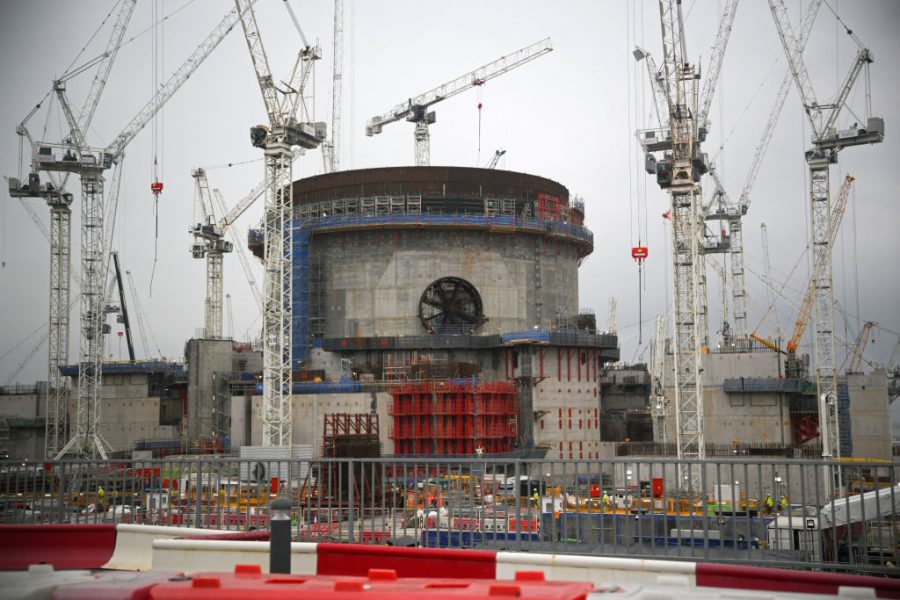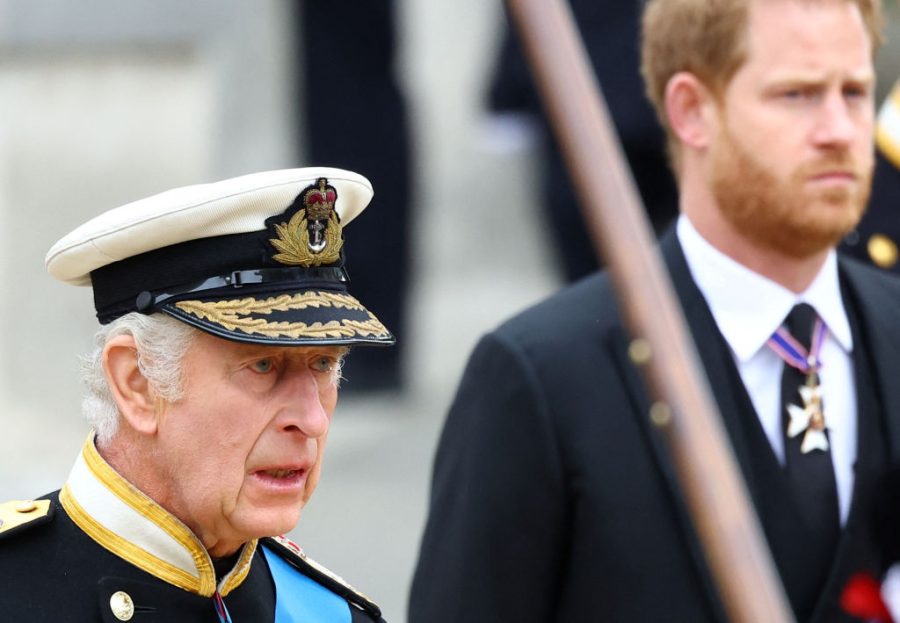When Putin attacked Ukraine and sent global gas prices soaring, Boris Johnson set out a plan to make Britain energy secure. It included a target to quadruple the amount of power Britain gets from nuclear. Instead of one plant every decade (if you’re lucky), Britain would start building a new plant every year just as we did in the 50s and 60s.
This plan relied not only on building ‘giga-scale’ plants like Hinkley Point C (at £42 billion now the most expensive plant in the history of the world), but also new small modular reactors (SMRs) built off-site in factories and deployed in fleets. This should, at least in theory, be something Britain excels at. Our fleet of nuclear submarines are propelled by small nuclear reactors built in the Midlands by Rolls-Royce. And Rolls-Royce also happened to have developed a small modular reactor design for civil use too.
The idea that SMRs could contribute towards Ed Miliband’s 2030 clean power target appears fanciful
What has traditionally put governments (and private utilities) off nuclear is the cost. Nuclear was once cost-competitive with coal, but the cost of building a new plant has risen across the world. Part of this is down to regulation – we use more concrete and steel than necessary because regulators insist on expensive (and crucially, disproportionate) safety measures based on misconceptions of the dangers posed by low doses of radiation. But a big factor in the rising costs is what’s known as the First-Of-A-Kind (FOAK) problem.
Whenever you build something as complicated as a nuclear power plant, there will inevitably be hiccups going from paper to concrete. Expect lots to go wrong (and go wrong in a very expensive way). Mistakes will be made, but lessons too will be learnt. At Hinkley Point C, welding on the second reactor is proceeding at four times the pace of the first.
South Korea builds the cheapest plants in the developed world by building fleets of six or more reactors in sequence. Could Britain do the same?
Great British Nuclear was set up to do just this for SMRs. The aim was to run a competition to pick the best design, then make an order not for a single reactor but a fleet. Energy Secretary Grant Shapps said the aim was for it to be ‘the fastest competition of its kind in the world’ when it launched in 2023.
Did they succeed? No. The final submissions went in last month, but we are yet to find a winner and a number of companies have dropped out in the meantime. As part of the process, vendors had to get regulatory approval for their design and fill out a mammoth application form. Part of this involved carrying out detailed design work beyond what the regulator required to be ‘construction ready’. Estimates I’ve seen suggest that private companies are paying between £75 million and £150 million to be part of this process.
Here’s the crazy thing. All of that money is being spent without the guarantee of a single order. We are years off a final investment decision being reached. And that’s conditional on Rachel Reeves (or whoever may be in post by then) signing off on it in 2029. The idea that SMRs could contribute towards Ed Miliband’s 2030 clean power target appears fanciful.
Yet, SMRs will be built before 2030. Ontario’s publicly-owned utility has put in an order for four SMRs built by GE Hitachi – enough to power 1.2 million homes. Unlike Great British Nuclear, Ontario Power Generation (OPG) has experience in delivering projects (including major refurbishments of CANDU reactors) and crucially, the balance sheet to fund the project. By contrast, Great British Nuclear is reliant on a mix of private capital and ministerial discretion to advance projects. One industry expert told me that OPG is between four and seven years ahead of Britain.
Instead of running a competition, OPG made a call on the basis of their expertise and judgement. This was quicker and may pay off, but let’s be clear, the project isn’t cheap. OPG is committing £11 billion and the FOAK reactor is expected to cost around £6 billion on par with Hinkley Point C on a pound per megawatt basis.
Don’t count Britain out yet though. We have two big advantages over Canada. Our own domestic forging at Sheffield Forgemasters and our own fuel refining at Springfields. Simply put, we are better set up to have a domestic SMR supply chain, though sky-high industrial electricity costs remain a problem.
There’s still hope beyond the Great British Nuclear competition. Last Energy are attempting to get a licence to build a 20MWh plant in South Wales on the site of an old coal power station. Locals seem supportive, but it’s early days. Last are taking a different approach by going direct to industry. They’re betting that it’s easier to get money out of Microsoft and Google than Rachel Reeves’ Treasury. They may be right.







Comments